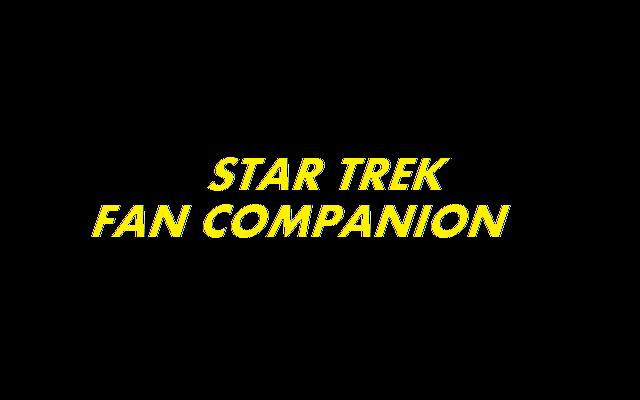Memory Alpha summary
| via Mission Log Podcast This is literally the point at which Riker is extremely glad he grew that beard. |
"A Matter of Honor" is all about a clash of civilizations. Riker serves as an exchange officer aboard a Klingon vessel, and it's the first time Klingon culture is really explored, not in the vague terms and in fact questionable presentation that had been typical for Worf previously (with the possible exception of "Heart of Glory;" later Deep Space Nine episodes featuring Klingons owe a huge debt to "Honor"), or the conniving villains featured in the original series and movies (with the obvious exception of the later Undiscovered Country).
It works extremely well for the Klingons, obviously, but also for Riker. This is the first time he's really relevant as a character, and it helps set him further apart not only from Picard but Kirk, who was obviously used as a pattern (as was Decker from The Motion Picture). And yes, I think having the beard helped give him the needed edge.
Less successful is the second series appearance of the Benzite species, visually unique but ultimately a failure given how alien they were (strange to say, right?). The whole subplot is one big advertisement for how they ended up failing worse, more or less, than the original version of the Ferengi. It's bad when Riker fits in better with the Klingons than the Benzite exchange officer does aboard the Enterprise.
four quarter analysis
franchise * series * essential * character
notable guest-stars:
Diana Muldaur
Colm Meaney
Brian Thompson
